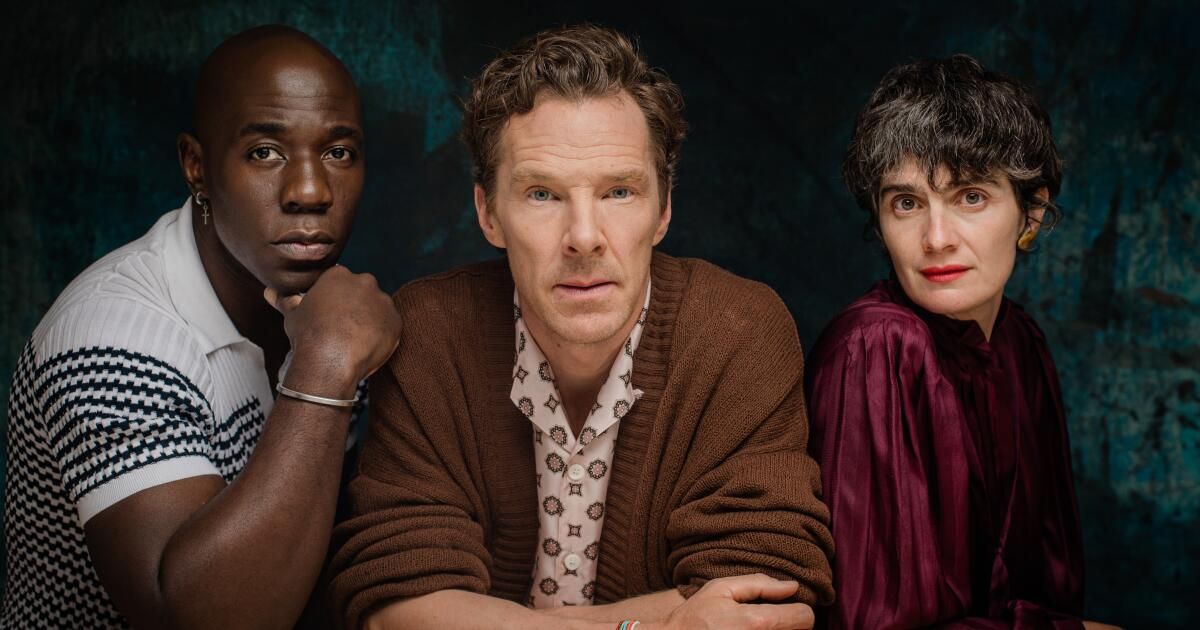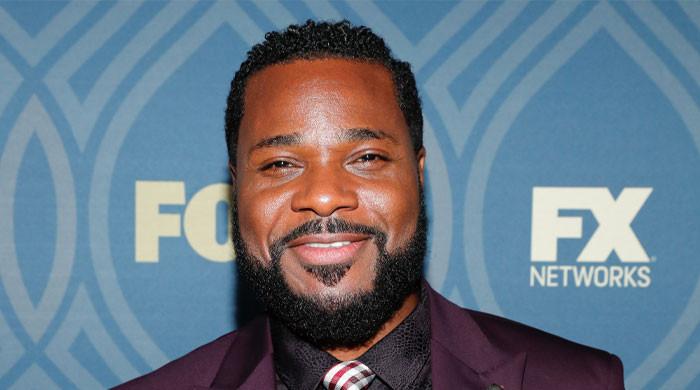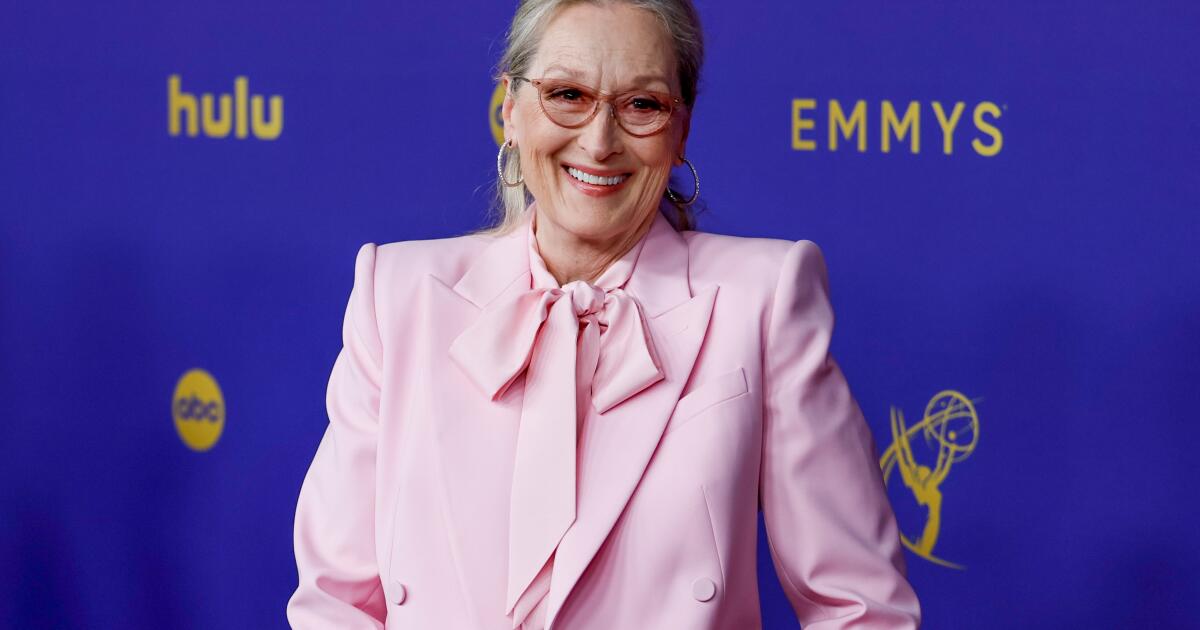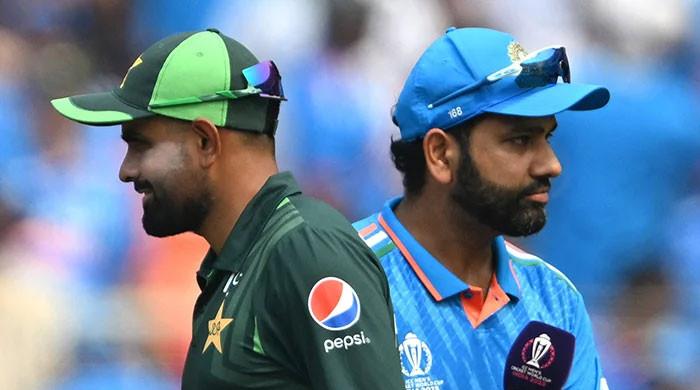Most idiosyncratic and surprising moment on television this summer? It could be Benedict Cumberbatch as a father running through the streets of New York in a giant, furry blue monster puppet costume in the midst of a desperate attempt to reconnect with his daughter.
It may seem like a sweet magical adventure, but that's not the style of British screenwriter Abi Morgan, who created “Eric” for Netflix. She's not afraid to tackle big topics and her work, including “Shame” (2011), which addresses sex addiction; “Suffragette” (2015), about women's suffrage in the United Kingdom; and the television dramas “The Hour” and “The Split” – often leave viewers emotionally tense in their intense examination of human behavior, internal battles and broken systems. And “Eric” is just as visceral.
Set in 1980s New York City, the limited series' opening episode finds Cumberbatch's Vincent Anderson, a puppeteer and creator of the “Sesame Street”-style children's show “Good Day Sunshine,” exasperated by the work demands and his shaky marriage to Cassie (Gaby Hoffman). The couple's problems intensify when their nine-year-old son, Edgar (Ivan Howe), disappears on his way to school. Torn by guilt, Vincent is convinced that if he turns his son Eric's drawing of a blue monster into a life-size puppet for television, Edgar will come home. And the one in charge of investigating the boy's disappearance is Michael Ledroit (McKinley Belcher III), a black, queer detective whose secret identity becomes an obstacle at work as he continues with the case.
Eric, the life-size puppet monster, and Benedict Cumberbatch as Vincent.
(Netflix)
Morgan started with a simple idea: Can we live in a world where a child can walk to school and return home safely? In exploring that question, the series weaves together many issues that plagued the city at the time: rising crime rates, a forgotten underclass, the AIDS epidemic, endemic racism, as well as government mismanagement and corruption. government.
“There were parallel themes that became very apparent to me,” Morgan said during a press day with the cast in Los Angeles. “We are facing a world in which parents become children and children become parents in some way. And the notion of what a family is beyond the nuclear family of the Andersons? There is a broader family of our city. Who takes care of us in the city? Can we trust? those parents: will that be the government, the local council or our police force? And when those systems crumble and are exposed, where do we find our new boundaries of trust?
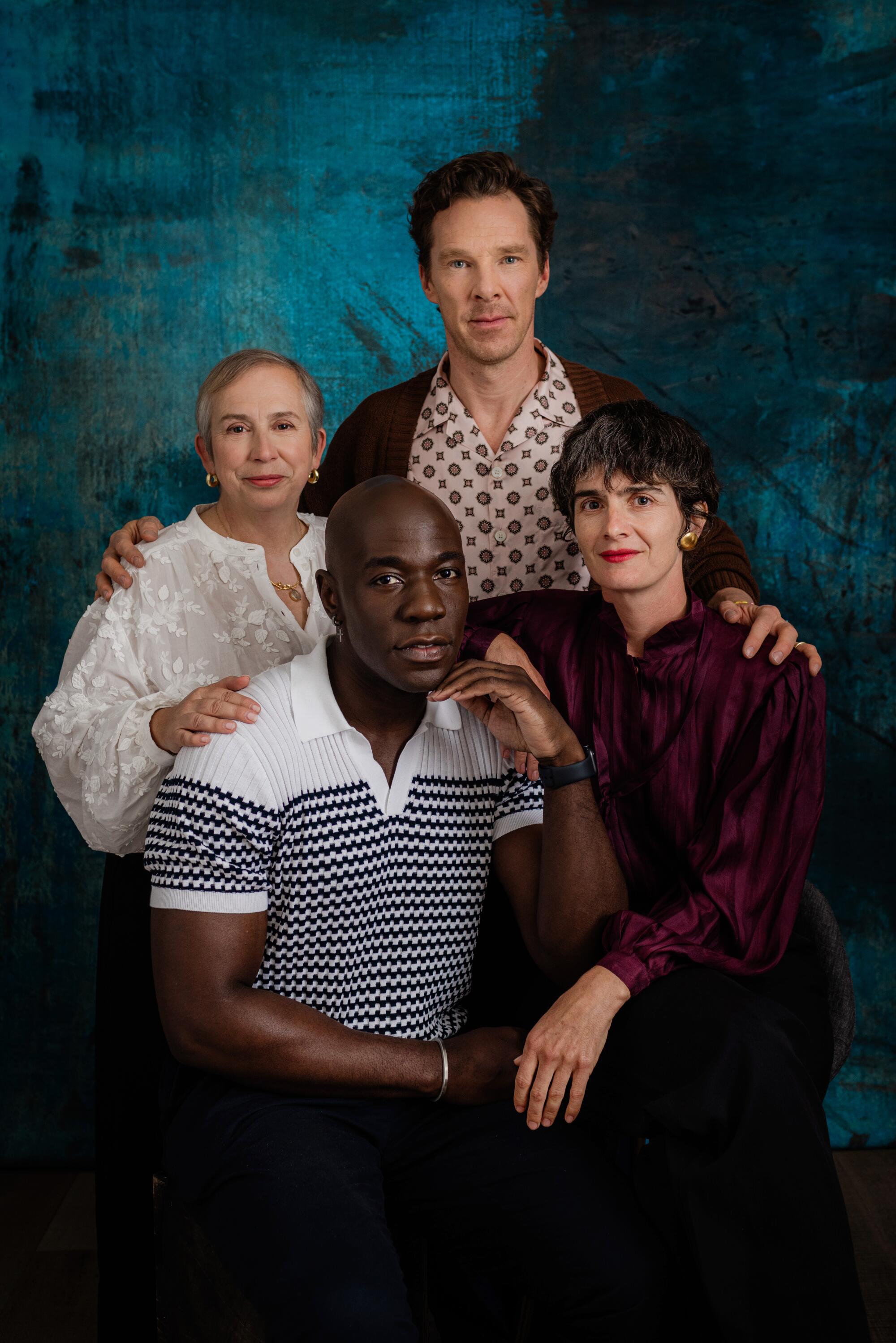
From left to right: series creator Abi Morgan, Benedict Cumberbatch, Gaby Hoffmann and McKinley Belcher III. Morgan said the show was inspired in part by his time in New York.
(Jason Armond / Los Angeles Times)
Morgan sees the show as a way for audiences to ask those questions through Vincent's journey. And the numerous city themes featured in the series, inspired by Morgan's time in New York in the '80s, added another dimension to the tantalizing mystery. “There was this darker part. I hadn’t had that cleaning,” he said. “There was something very particular about the '80s: they were a crucible and a point of change, a point of quicksand, full of fear and hope, and moments of great freedom and moments when that freedom was really repressed. It seemed like a really rich fabric and tapestry in which to set 'Eric'.”
With no shortage of real, existential horror lurking outside, Morgan knew from the beginning that he wanted to tie the story together with a space that provided safety and comfort. Influenced by her own childhood behind the scenes with her theater director father, watching sets being created and costumes coming to life, she saw “Good Day Sunshine” as a contrast to the harshness of the city and a way to delve into how Vincent, who begins the series already on shaky ground before his mental health worsens even further, faces his reality.
“He's trying to recreate his childhood and idealizing something that wasn't ideal,” Cumberbatch said. “His mental health crisis was swept under the rug with pharmaceuticals and a very cold, isolated, unloving upbringing…he has invested a lot of himself in that program out of a need that was never met in childhood.” of the”.
Morgan added that “Good Day Sunshine” is a world Vincent can control, unlike his own, and that the puppets bring his voices to life as he struggles with his mental health and alcoholism. It's also a way of pointing out the value of pursuing a creative life, which contrasts with that of her estranged parents, particularly his father, a wealthy developer.
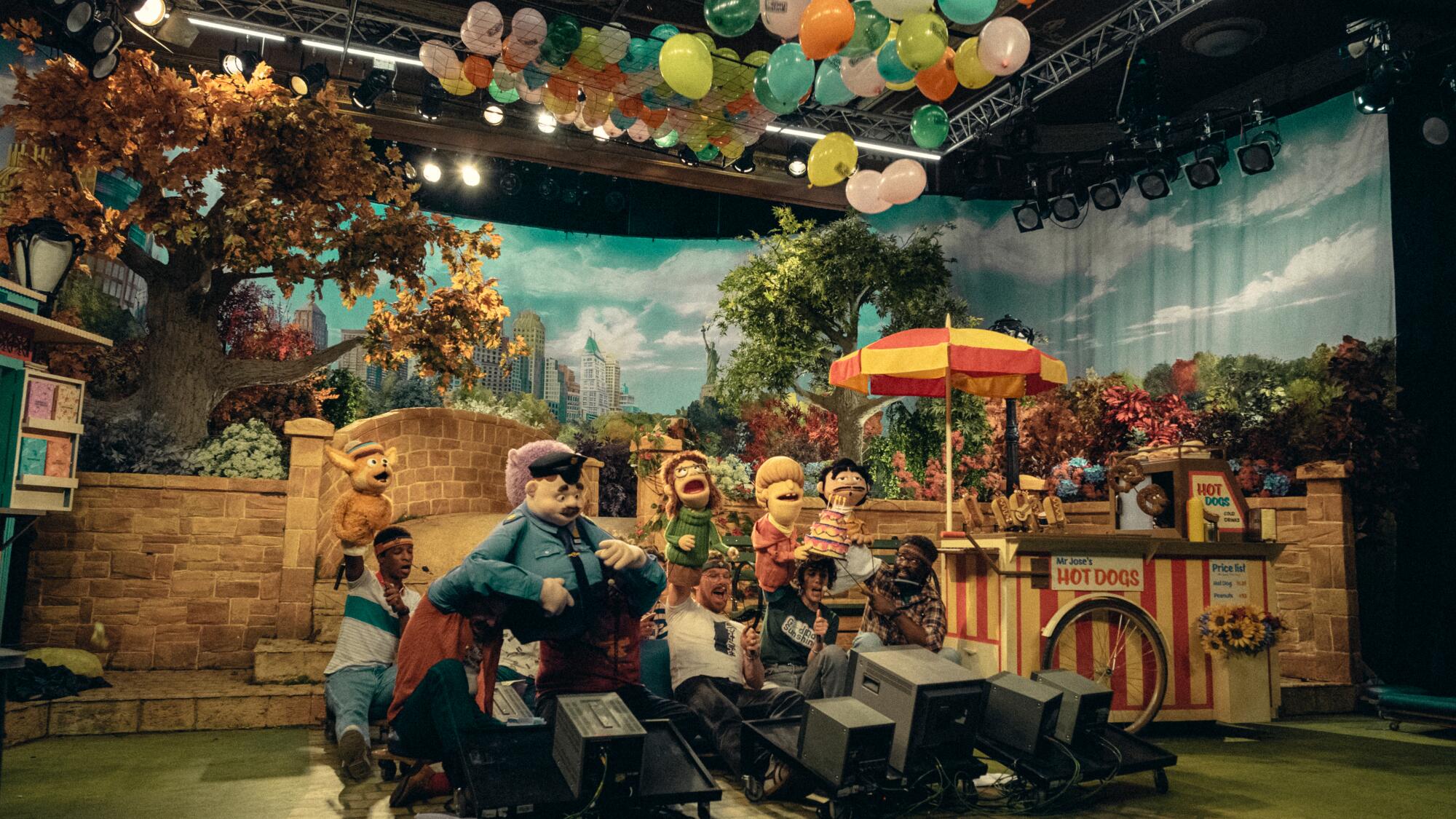
The set of “Good Day Sunshine,” the “Sesame Street”-style show from Netflix’s “Eric.”
(Ludovic Robert / Netflix)
“That creativity is a way to free ourselves, heal us, manage ourselves and help us understand ourselves,” Morgan said. “Vincent's desire to create a world of good is probably one of the healthiest things he has ever done.”
As a show within a show, “Good Day Sunshine” features a variety of puppet characters (a mix of animals, inanimate objects and people), including one operated and voiced by Vincent, putting Cumberbatch’s chameleonic voice work (his Eclectic credits include the dragon Smaug in “The Hobbit” trilogy and the Grinch in the 2018 animated film of the same name). Before disappearing, Edgar watches his father at work from the sidelines and later watches as Vincent becomes agitated with notes from network bosses, demanding that the show broaden its appeal to increase viewership, with a new puppet as a possible solution. . On the subway ride home, Edgar suggests his idea for the puppet, Eric, with little fanfare from his father.
Morgan credits series director Lucy Forbes for being one of the key architects behind the 7-foot puppet monster, which took about four weeks to perfect. Eric is a manifestation and combination of details in Edgar's mind: a tail that imitates that of his cat and a coat that matches the chevron of his grandmother's mink. Vincent becomes convinced that bringing Eric to life could help Edgar return, and as he begins to mold the puppet out of foam, Vincent also begins to hallucinate Eric, a manifestation of his inner voice, into existence in his search for find the child.
Cumberbatch felt that the exploration of the imagined other – a device done before, even in films such as “Harvey” (1950) and “Ted” – in the broader context of the story was intriguing. And bringing depth to the surreal is familiar territory for the actor, who has acted in green screen and motion capture and understands the commitment needed to make it believable. Still, as Cumberbatch tells it, performing alongside puppeteer Olly Taylor in a plush, furry costume as his character Vincent falls apart was a surprisingly solid experience.
“I often queued up with Olly, who is a really brilliant actor and an incredibly capable puppeteer,” he said. “I tried the [Eric] out loud, often reading lines and sometimes not; he just understood it and the rhythm was the only way Eric could have at that moment. It was about trying to remind us what Eric's purpose was in relation to [Vincent’s] state of mind. At one point I tried on the [puppet] helmet and I cried. I just felt this wave of empathy for Olly and the performance he had to give in that contraption. It is a miraculous ability.”
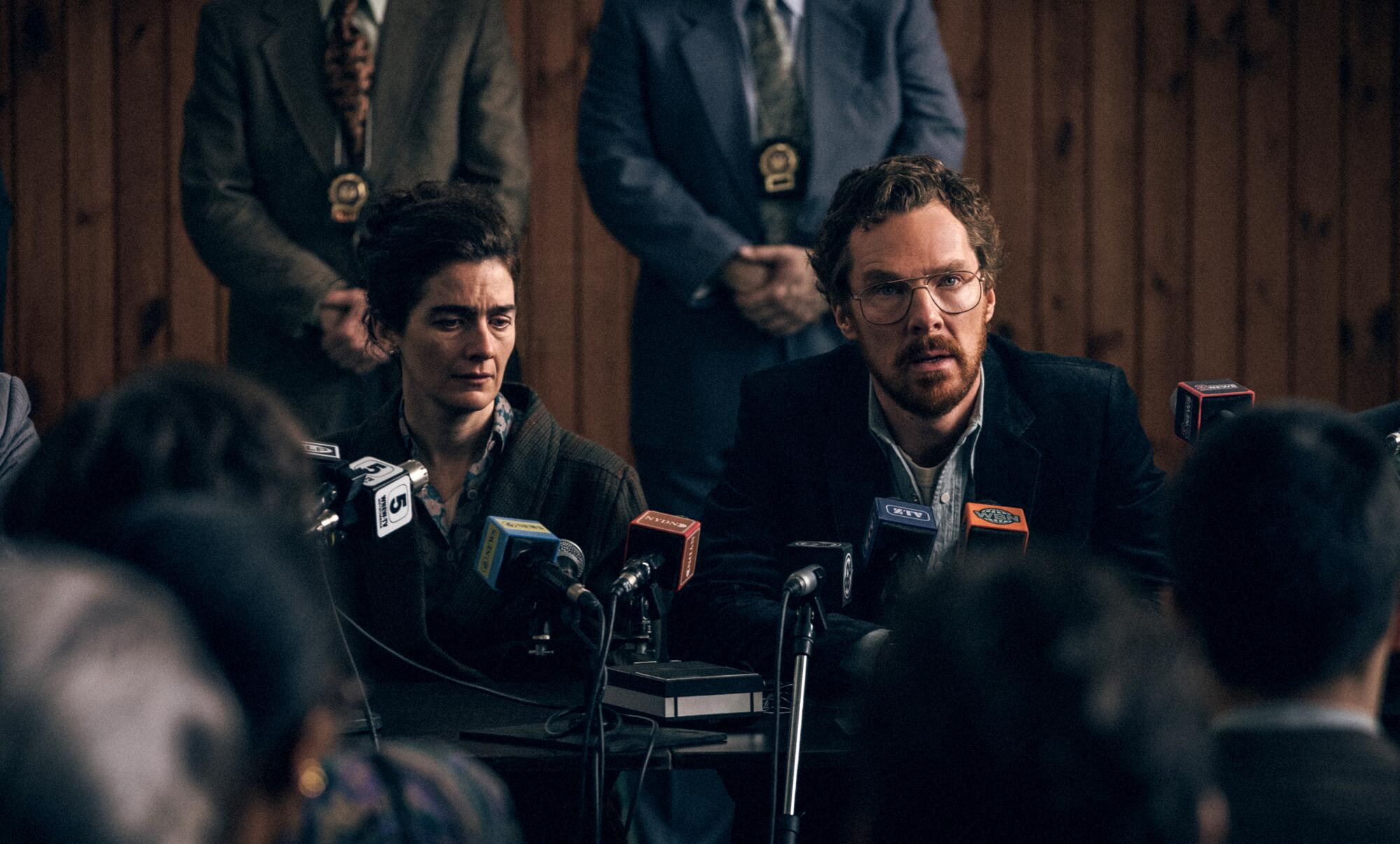
A scene from “Eric,” where Cassie (Gaby Hoffmann) and Vincent (Benedict Cumberbatch) hold a press conference to ask the public for help in finding their son, Edgar.
(Ludovic Robert / Netflix)
The puppet element helped soften some of the elements of Hoffmann's script. As a mother of two, the actress said she was initially hesitant about the heavy subject matter, but she warmed to its unique dynamic and the way the series explores the various failures of systems, small and large. The series first captures the unraveling of a social institution (marriage) as Vincent and Cassie veer in opposite directions and examines how their behavior negatively affects the dynamic between parents and children.
“Vincent and Cassie are two very different people who approach the world in two very different ways,” he said. “But I think Cassie hasn't been active honestly, on behalf of her son, for a while…and on behalf of herself. I think she knew that she needed to leave the marriage and that it was not a healthy environment for her. [Edgar]. As we come to discover, she has secrets and she denies them. She's not as into it, and she's not as avoidant of her emotions or terrified of it as much as Vincent is, nor does she distract herself from it with as many substances, but the disappearance…she definitely feels a sense of responsibility.”
When Morgan began incorporating Ledroit into the story, she was determined not to make him a supporting character. She wanted Ledroit to go on her own journey, informed by his identity, confronting all the institutions (the police station where he works or the gay nightclubs he used to visit) that make her question his identity just as Vincent does. Playing a queer black detective who challenges the norm in the '80s, Belcher understood that sense of duty and purpose.
“In a story like this, it would be very easy for him to become a cop who comes to work and handles the information and solves the case. But it's really exciting, as a queer black man, to show up with all the baggage that Ledroit would carry in the '80s, to struggle with those things, but leave it in a place of action that will mean change.
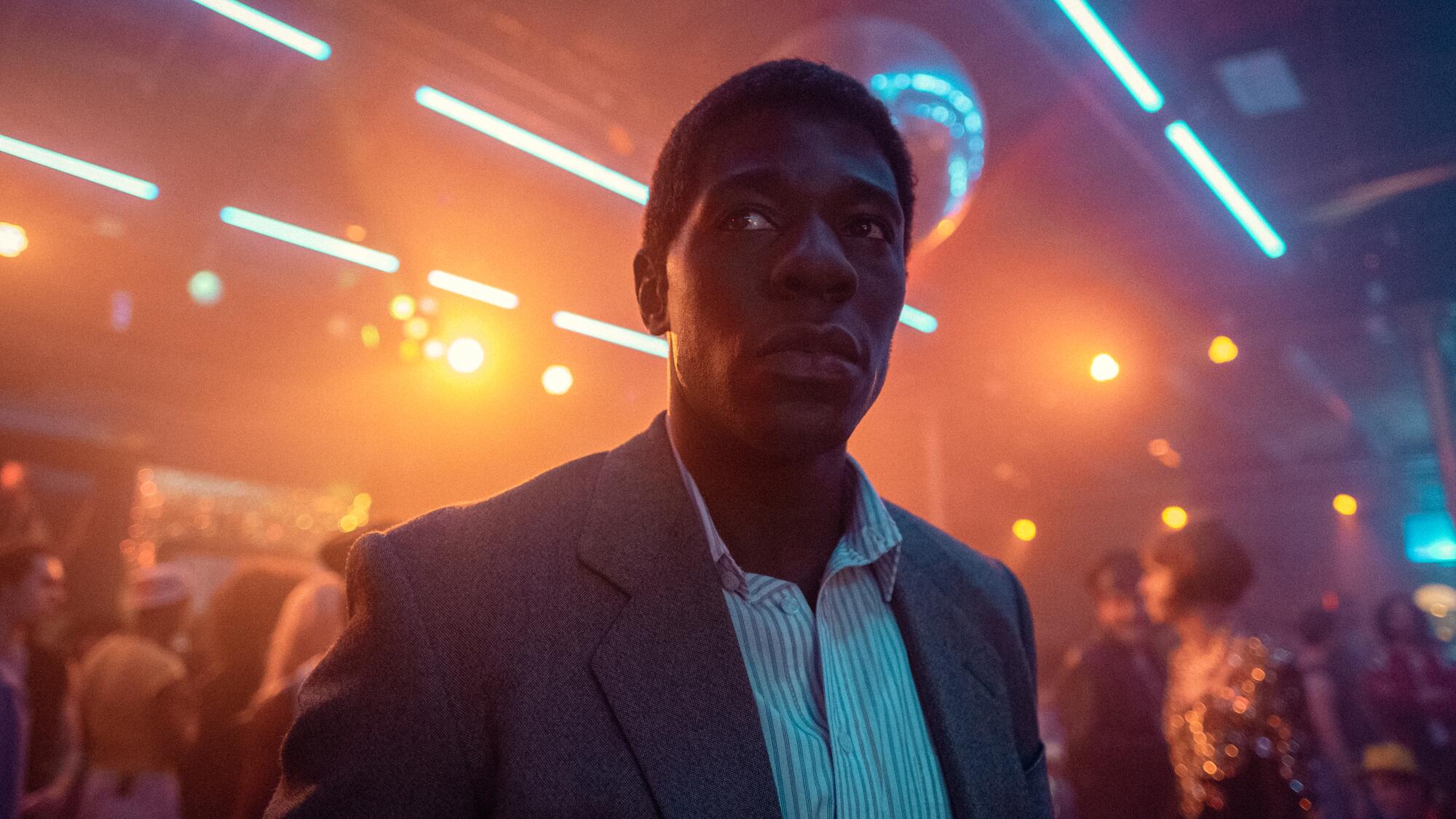
Det. Michael Ledroit (McKinley Belcher III) is tasked with finding Edgar.
(Ludovic Robert / Netflix)
Belcher also acknowledged that while the black community is not a monolith, it has a complicated relationship with authorities. He sees his character as an instrument of change within the institution.
“I think over the course of the six episodes, it gets to that point: Oh, this is what we need to do to do what we're really here to do. And it means that I must denounce injustice; It means I should be intolerant of taking shortcuts; It means I have to recognize who I am and stand by that and stand up as a man and say 'no,'” he said.
The various threads of the series take some time to come together, creating a premise that may require some finesse to distill. But that's what the team behind the series hopes will set it apart.
“You felt trapped by an imagination that contained worlds within the worlds of the story,” Cumberbatch said. “I felt fresh and new; trying to explain it to people was interesting. “I had never heard of anything like this before.”
That's why all these months later, sitting comfortably on a couch with Hoffmann, Cumberbatch can't help but laugh wistfully as he remembers a moment in the series when he, as Vincent, wore Eric's furry costume and ran through the streets. .
“Run and run and run and run,” Cumberbatch said. “It is the razor's edge in this drama; It's very funny, but also strangely heroic and desperately sad and moving.”

